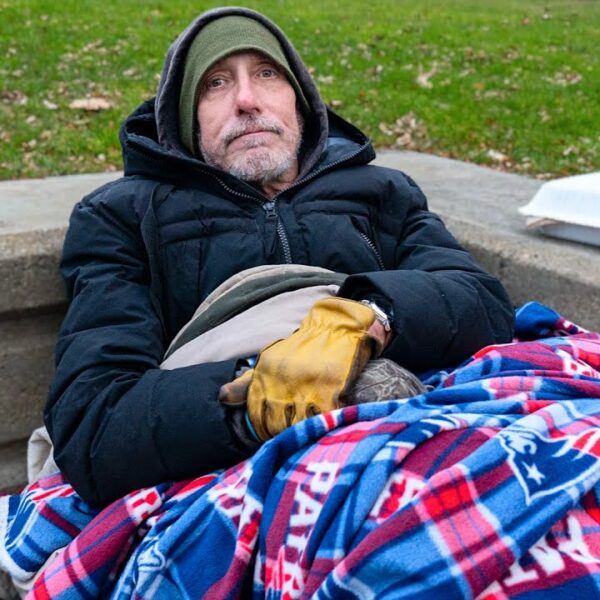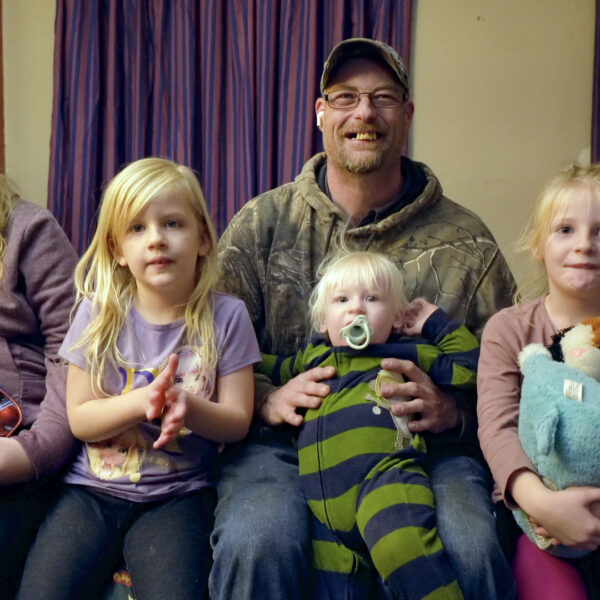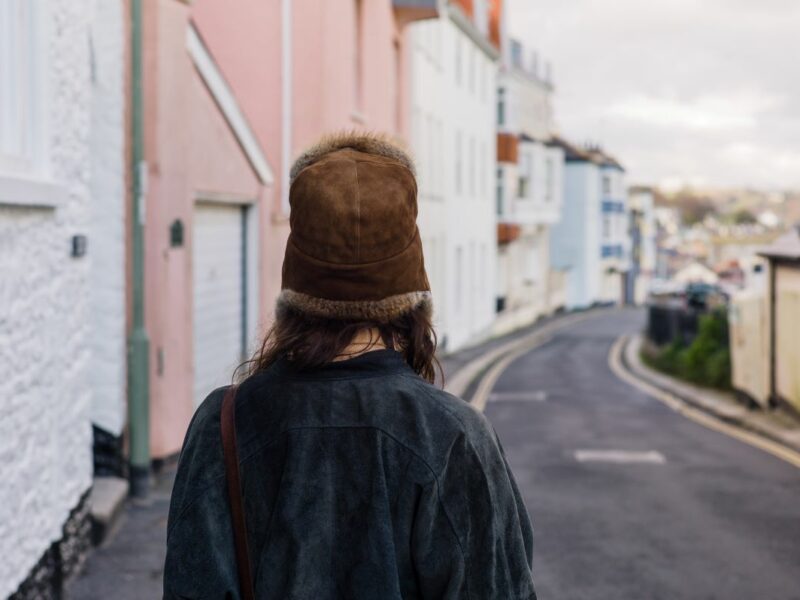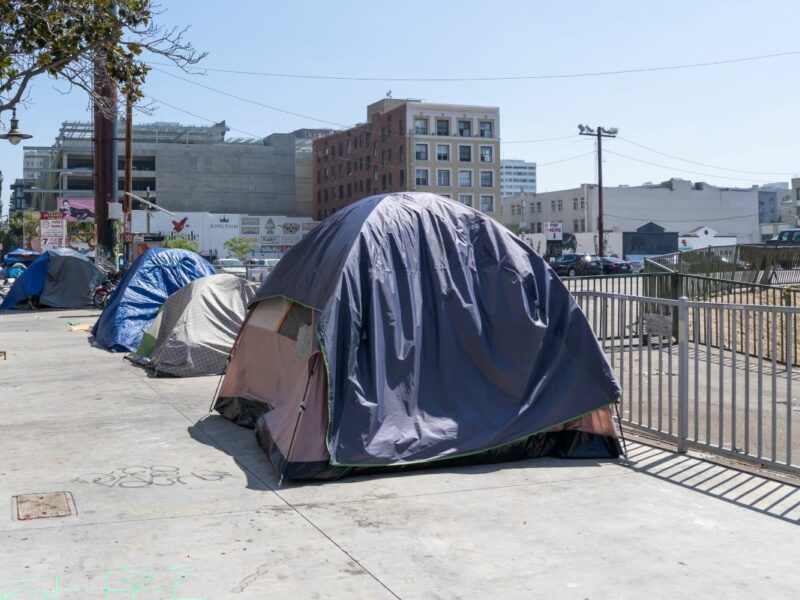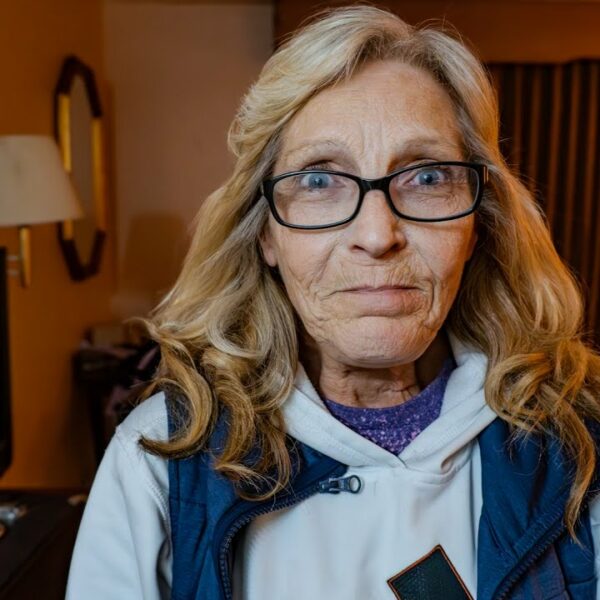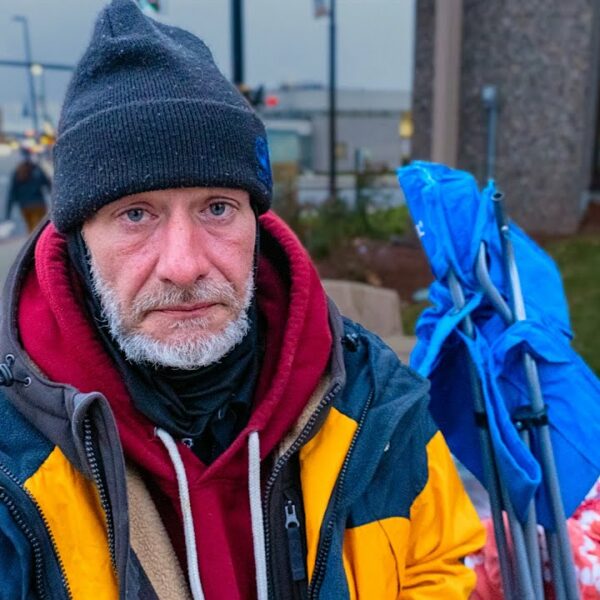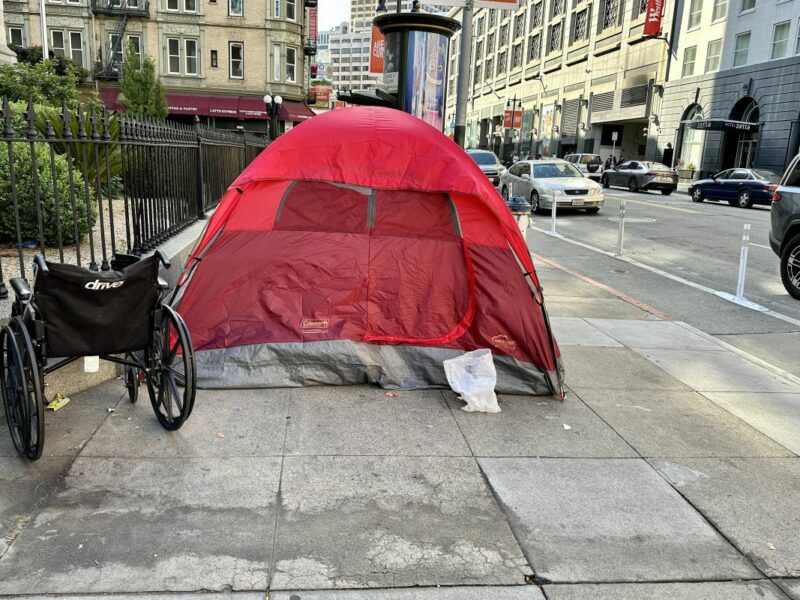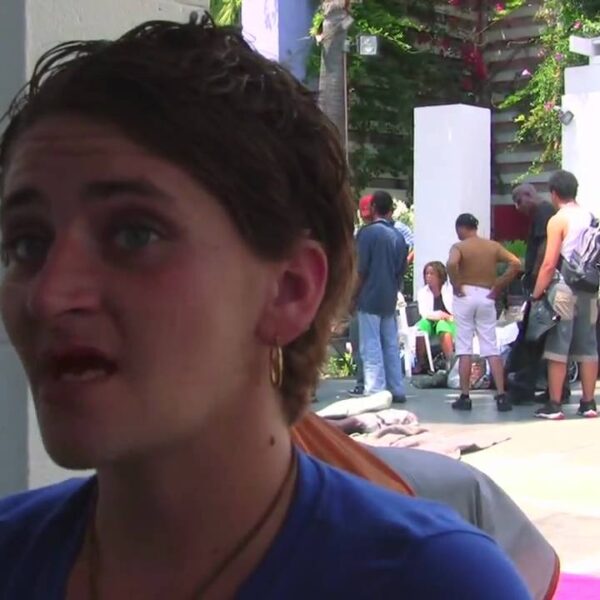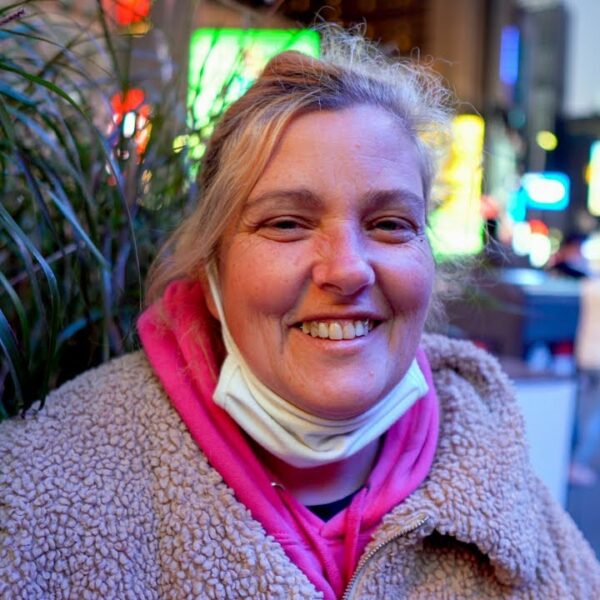Los Angeles County is home to roughly 60,000 people experiencing homelessness. Skid Row is home to an estimated 4,757 homeless people making it one of the largest unhoused communities in the entire country. Historically, this area is known for tough, unsanitary living conditions that have posed a threat to both residents and outreach workers.
Enter COVID-19.
The pandemic has added a new layer to public health and safety on Skid Row. The spread of infectious disease seems inevitable in such communities. From March 31 to April 8, the number of confirmed cases of COVID-19 on Skid Row went from 0 to 12. Given the lack of testing, that number is most likely higher as of this publication, and the number of actual cases is almost certainly more.
A recent study predicted about 2,600 people experiencing homelessness will need to be hospitalized for COVID-19, with 900 needing intensive care.
This begs the question: What measures are being taken to protect these residents and outreach workers?
Mayor Eric Garcetti recently put forward a new directive requiring all people to wear masks when visiting businesses or coming in contact with another person. These masks are critical in preventing the spread of the virus from one person to the other. Unfortunately, many unhoused individuals don’t own a mask. They also lack the means of conveniently obtaining one, if at all.
To address this shortfall, it was announced last Thursday that 35,000 masks will be distributed by the local government throughout the county, including 5,000 directly to residents of Skid Row. The effectiveness and timeliness of this program remains to be seen.
Homeless outreach workers from organizations such as Union Rescue Mission receive gloves, masks and other forms of protection from their employers for when they are out in the field. Nonetheless, the supply is short, and the virus continues to spread.
Of the 250 hand washing stations recently installed throughout the city, only a few were placed at Skid Row. Finally, social distancing is a preventive measure that can be challenging for unhoused individuals. While Union Rescue Mission can enforce social distancing in food lines, such measures are more difficult on the street.
Less Food, Longer Lines
Food shortage is a problem facing homeless communities throughout the country during this pandemic. As people hoard food at grocery stores, the supply that usually goes to food banks has been depleted. The result is longer lines to receive complimentary meals. Union Rescue Mission is now serving approximately 3,000 meals a day including a 40% increase in demand during lunch hours.
In the face of this shortage, volunteers, grassroots organizations and nonprofits have stepped up to organize food distribution and outreach. In addition, restaurants have generously donated meals to feed the community during this trying time. Their generosity is what is keeping many people alive during the pandemic.
According to Pete White, Executive Director of the grassroots organization Los Angeles Community Network:
“If you don’t move, if you don’t find food, if you don’t find out how to get people fed and sheltered, you’re part of the problem.”
The entire pandemic presents itself as a situation where it seems as though unhoused individuals may have no way out.
The Rev. Andy Bales, Executive Director of Union Rescue Mission, is concerned for the population he serves:
“This is so much tougher than the Great Recession … There has been nothing to rival what we’re going through right now.”
As COVID-19 spreads through Los Angeles and the United States, unhoused communities will continue to be negatively affected. It is up to municipalities to provide more aid and resources to the folks on the front lines. We must complement the efforts of volunteers and community-based organizations putting in their own work.



